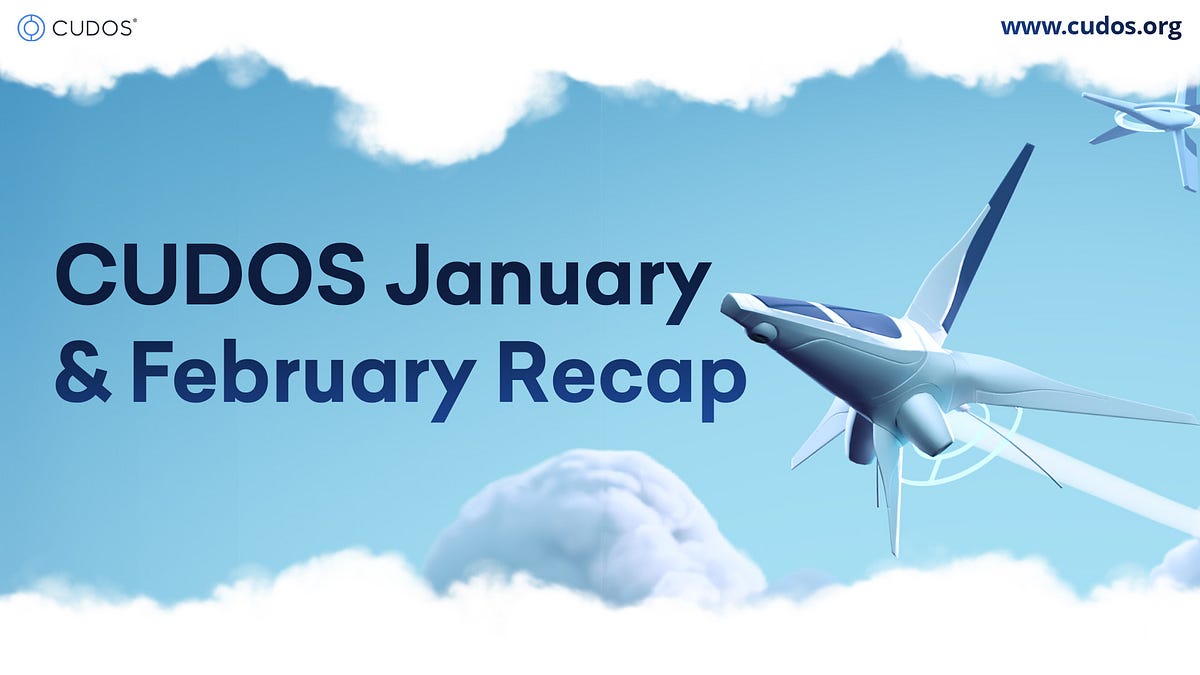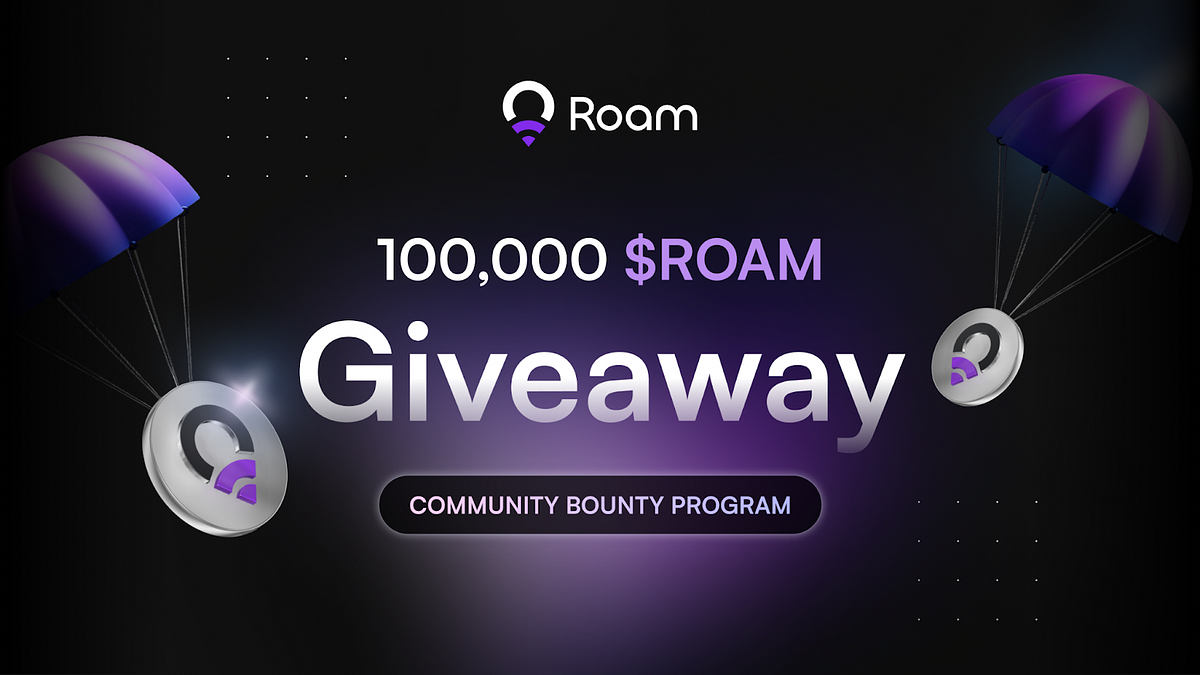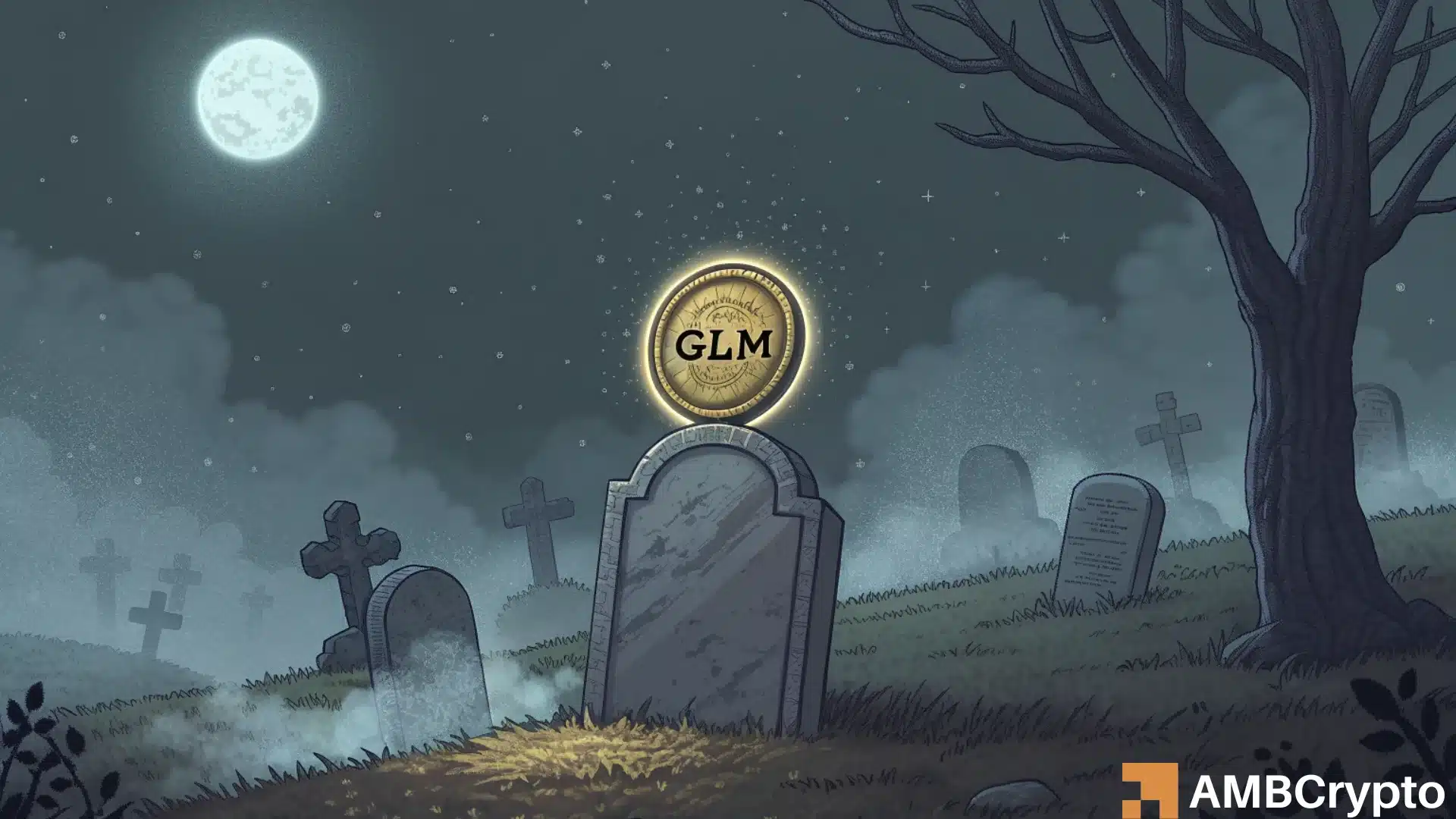Latest Media News

2 months ago
Altcoins Surge Amidst Bitcoin's Decline
Bitcoin's recent decline below $83,000 has marked a continued downturn in the cryptocurrency market, yet some altcoins are defying the trend with impressive gains. Notably, Ancient8 (A8) has experienced a remarkable surge of 160% in just 24 hours, climbing from a low of $0.09628 to $0.259. This significant price movement can be attributed to Bithumb's earlier listing of A8, a major South Korean exchange, which seems to have created a delayed positive effect as investor interest in the token grows.
Market analysts have identified three primary factors contributing to A8's rise: increasing global attention, higher adoption rates, and a mix of strong holders alongside new market entrants. Interestingly, there have been no substantial project developments that could clarify the sudden price increase, indicating that market sentiment is playing a crucial role in this altcoin's performance.
In addition to A8, Apu Apustaja (APU) has also made headlines by climbing 85% over the past day, reaching $0.0002479 from $0.0001325. This meme coin has gained traction on social media platforms, although, like many of its counterparts, it lacks fundamental updates to justify its price surge. Meanwhile, ROAM Token has seen a 41% increase, moving from $0.136 to $0.1917, bolstered by its recent milestone of 2 million global nodes. Despite these bright spots, the broader crypto market remains under pressure, with Bitcoin and Ethereum both experiencing declines, reflecting ongoing selling pressure across major cryptocurrencies.

3 months ago
Coinbase Boosts Maple Syrup and Aethir with New Listings
In a significant development within the cryptocurrency market, two Ethereum (ETH)-based altcoins, Maple Syrup (SYRUP) and Aethir (ATH), have experienced substantial price surges following their recent support from Coinbase, one of the largest crypto exchanges in the United States. Coinbase announced the addition of these tokens to its digital asset offerings via posts on the social media platform X. This announcement came shortly after the tokens were included in Coinbase's listing roadmap, which indicated forthcoming support and led to a nearly 40% price increase for both assets.
The price movements of SYRUP and ATH have been remarkable. SYRUP, a decentralized finance (DeFi) protocol that connects borrowers with lenders, saw its price rise from a low of $0.131 on March 12th to a peak of $0.173 within 24 hours, marking a gain of 28.7%. Similarly, Aethir, which focuses on decentralized cloud computing with high-performance GPU capabilities for AI and blockchain-based gaming, increased from $0.034 to $0.040, achieving a 14.4% gain in the same timeframe. These price rallies underscore the impact of Coinbase's endorsement on the market dynamics of these emerging tokens.
The growing interest in both Maple Syrup and Aethir reflects a broader trend in the cryptocurrency space, where decentralized finance and AI-driven solutions are gaining traction. As investors continue to seek opportunities in innovative blockchain projects, the support from major exchanges like Coinbase is likely to play a crucial role in driving adoption and market performance. However, potential investors are reminded to conduct thorough research and exercise caution, as the cryptocurrency market remains volatile and high-risk.

3 months ago
Coinbase Adds Aethir and Maple Finance to Listing Roadmap, Prices Surge
Coinbase has recently announced the addition of two promising tokens, Aethir (ATH) and Maple Finance (SYRUP), to its listing roadmap, which has led to significant price surges for both digital assets. This announcement was made via a post on the social media platform X, highlighting Coinbase's commitment to transparency and preventing front-running of tokens prior to their official listing. The inclusion in the roadmap suggests that these cryptocurrencies may soon receive support from the popular exchange, prompting investors to take notice.
Following the announcement, Aethir's price skyrocketed from a low of $0.0318 on March 6th to a peak of $0.0435 on March 7th, marking an impressive gain of approximately 36.79%. Similarly, Maple Finance experienced a surge, rising from $0.137 on March 7th to $0.193 on March 8th, which translates to a 40% increase. However, both tokens have since retraced their gains, with current valuations at $0.0371 for Aethir and $0.165 for Maple Finance.
Aethir is a decentralized cloud computing protocol launched in June 2024, designed to enhance high-performance graphics processing unit (GPU) capabilities for AI applications and blockchain-based video games. On the other hand, Maple Finance, established in 2021, operates as a borrowing and lending protocol that facilitates under-collateralized loans for borrowers and allows lenders to earn yields by providing liquidity. The recent developments underscore the growing interest in AI and DeFi sectors within the cryptocurrency landscape.

3 months ago
CUDOS Achieves Major Milestones in Early 2025
The first two months of 2025 have been transformative for CUDOS, marked by significant milestones and exciting partnerships. A key highlight was the completion of the CUDOS-to-FET token migration in January, which allowed users to fully access, trade, stake, and utilize their $FET tokens. Major exchanges such as Gate.io and Ascendex facilitated smooth swaps, ensuring users could reclaim their $CUDOS easily. Additionally, the CUDOS Intercloud platform underwent a design refresh and introduced a new referral program, enabling users to earn commissions by bringing in new users. This program incentivizes sharing referral links and offers instant payouts in FET, fostering community engagement and growth.
CUDOS has also formed a strategic partnership with Rainfall, a privacy-preserving Personal AI platform, aimed at simplifying node deployment for operators within the Rainfall ecosystem. This collaboration promises seamless node setup through CUDOS Intercloud, providing scalable and cost-effective compute solutions for Web3 AI applications. As Pete Hill, VP of Sales at CUDOS, noted, this partnership enhances the adoption of decentralized cloud solutions, which are essential for the future of AI infrastructure. Furthermore, CUDOS is actively exploring the shift towards decentralized compute for AI inference, emphasizing that smaller, efficient AI models will drive demand rather than diminish it.
The growth statistics for January and February are impressive, with CUDOS surpassing 15,000 total ecosystem users and generating over $167,000 in revenue in January alone. February continued this upward trend, with user numbers exceeding 16,000 and significant compute hours consumed. These achievements set a promising foundation for CUDOS as it looks ahead to another breakout year in decentralized cloud computing. The community is encouraged to stay connected for future updates and to participate in the ongoing conversation across various social media platforms.

3 months ago
Venture Capital Firms Boost Blockchain Investments Amid Crypto Volatility
The first quarter of 2025 has proven to be a tumultuous period for the cryptocurrency market, characterized by extreme fluctuations in investor sentiment. Bitcoin (BTC) experienced a remarkable rally to all-time highs, followed by a significant correction, all while receiving notable support from political figures such as Donald Trump. Amidst this volatility, venture capital firms have been actively expanding their investments in blockchain and crypto startups, particularly in areas such as decentralized physical infrastructure networks (DePINs), Web3 gaming, real-world asset (RWA) tokenization, and derivatives exchange markets. The latest VC Roundup highlights seven significant funding announcements across the industry.
Among the notable developments, Alchemy has launched a $5 million "Everyone Onchain Fund" aimed at promoting Web3 adoption on Ethereum. This initiative will provide developers with gas and computing credits to facilitate their projects. Alchemy's partnership with World, a biometric digital identity project, has already garnered over 23 million users. Additionally, Mavryk Dynamics secured $5 million in funding to develop a layer-1 RWA network, bridging traditional finance with decentralized finance (DeFi) through innovative non-custodial features. The RWA market has seen substantial growth, reaching $17.9 billion as of early March.
Other significant funding rounds include Rho Labs, which raised $4 million for its decentralized rates exchange, and Teneo Protocol, which closed a $3 million round to democratize social media data. Furthermore, Fluent Labs raised $8 million to enhance its Ethereum layer-2 network, while The Game Company secured $10 million to develop a cloud gaming infrastructure. Lastly, ACID Labs, a Web3 gaming studio, received $8 million to scale its social gaming platform on Telegram. These investments reflect a growing confidence in the potential of blockchain technology across various sectors, particularly in gaming and decentralized finance.

3 months ago
Fluence Launches DePIN Pledge to Promote Decentralized Infrastructure
Fluence has launched the DePIN Pledge, urging cryptocurrency firms and industry players to commit to utilizing decentralized physical infrastructure network solutions. This initiative is supported by prominent organizations such as IoTeX, Polygon, Helium, and Consensys. Fluence aims to encourage projects to publicly embrace decentralized infrastructure, fostering more transparent and resilient ecosystems. As the web3 and cryptocurrency landscape evolves, the importance of maintaining decentralization has become increasingly critical, especially in light of the growing reliance on centralized infrastructure by many projects.
The DePIN Pledge allows firms that commit to it to be listed in a public directory on the DePIN Pledge website, enabling users and traders to identify and support companies that prioritize decentralization. Additionally, participating projects will receive a manifesto and a DePIN Pledge NFT, which is auditable on the Ethereum blockchain. This NFT serves as a symbol of their commitment to decentralization and can be showcased across various platforms and social media channels. Major crypto firms, including Infura, Outlier Ventures, and Blockscout, have also backed this initiative, highlighting a collective effort towards a decentralized future.
Tom Trowbridge, Co-Founder & CEO of Fluence, expressed enthusiasm for the pledge, noting that it marks the beginning of DePIN adoption. He anticipates a diverse range of DePIN products and services emerging in the coming years. Clemens Wan, global solutions architect at Consensys, echoed this sentiment, emphasizing the need for decentralized infrastructure that aligns with the core values of web3. The DePIN Pledge represents a significant step towards ensuring that the foundational services of the industry reflect the principles of decentralization, ultimately realizing the full promise of web3.

3 months ago
Roam Launches Community Bounty Program to Reward Engagement and Growth
Roam has launched a DePIN Open Wireless Network that utilizes OpenRoaming and blockchain technologies to provide secure and fast internet access globally. With a robust infrastructure of over 4.5 million nodes in more than 190 countries and nearly 2 million registered users, Roam is set to transform connectivity. The company is now inviting crypto enthusiasts to participate in its newly introduced Roam Community Bounty Program, which offers a chance to earn $ROAM tokens by engaging with the community and supporting Roam's growth.
The Roam Community Bounty Program features a total fund of 100,000 $ROAM tokens, with various categories for participation including content creation, social media engagement, and community participation. The program runs from February 22, 2025, to March 21, 2025, and encourages participants to submit original content across multiple platforms. Rewards are allocated weekly, with specific amounts designated for different activities, such as writing articles, creating videos, and engaging on social media. Participants can earn rewards based on the quality and originality of their contributions.
This initiative not only incentivizes community involvement but also aims to foster a vibrant ecosystem around Roam's decentralized network. Participants are encouraged to join the program and contribute in ways that resonate with their skills, whether through writing, video production, or active engagement in Roam's social channels. With a structured reward system and a focus on community, the Roam Community Bounty Program is an excellent opportunity for individuals to be part of a revolutionary approach to connectivity while earning $ROAM tokens for their efforts.

3 months ago
Golem's 40% Surge: A Comeback or Speculative Rally?
Golem has made headlines recently with a remarkable 40% price surge, reigniting interest in its potential future. Once a frontrunner in decentralized computing, Golem's resurgence raises questions about whether this is a genuine comeback or merely a speculative rally. The sudden spike in price has led to discussions within the crypto community, especially given Golem's previous struggles and a notable absence from social media since late 2024. The project, which allows users to lease unused processing power, had been overshadowed by its lack of updates and communication from its development team, leading many to believe it was on the verge of extinction.
The recent price movement has sparked debates about Golem's viability in the competitive landscape of AI-focused cryptocurrencies. While the surge has generated excitement, the subsequent pullback has cast doubt on its sustainability. Technical indicators, such as the Relative Strength Index (RSI) and On-Balance Volume (OBV), suggest that the price increase may have been driven by speculative trading rather than solid fundamentals. Additionally, Golem faces stiff competition from established projects like Render and Ocean Protocol, which have shown stronger development and community engagement. For Golem to reclaim its position, it will need to demonstrate renewed innovation and effective communication with its user base.
As the market watches closely, Golem's next moves will be crucial in determining its future. Investors are advised to remain cautious, as the lack of clear updates from the team could lead to a quick reversal of fortunes. The current landscape for AI cryptocurrencies is dynamic, and while Golem's recent surge is noteworthy, it must prove its long-term viability to attract serious investment. Without a solid strategy and community involvement, Golem risks becoming just another fleeting trend in the ever-evolving crypto market.

3 months ago
Teneo Protocol Secures $3 Million Funding to Democratize Social Media Data Access
Teneo Protocol, a decentralized protocol aimed at democratizing access to social media data, has successfully secured $3 million in seed funding. This funding round was led by notable venture capital firms RockawayX and Borderless, with additional participation from Generative Ventures and others. The investment will support Teneo's mission to transform the data economy by incentivizing users to unlock public social media data. With a growing global network of several million users, Teneo is poised to make significant strides in facilitating access to valuable data resources that are increasingly restricted by major social media platforms.
The challenge of accessing social media data has intensified as platforms like Reddit begin to charge businesses for data access, creating barriers that could stifle innovation in artificial intelligence (AI) and other sectors. Teneo aims to address this issue through its Community Node, a Web3 browser extension that allows users to collect public posts from platforms such as X (formerly Twitter) and Reddit. Users are rewarded with Teneo Points for their contributions, which can later be converted into Teneo Tokens once the network's native token is launched. This initiative not only enhances data accessibility but also opens new avenues for industries that rely on real-time social data, including AI, finance, and marketing.
The Teneo Community Node has already gained traction, boasting over 3.9 million users across 191 countries, with more than 1.1 million users connecting their digital wallets to the platform. Investors express enthusiasm for Teneo's potential to reshape the data landscape, emphasizing the importance of decentralized solutions in the evolving data economy. As Teneo continues to develop its platform, it aims to empower individuals by returning data ownership to the people, fostering a community-driven approach to data utilization and innovation in the digital age.

4 months ago
Sogang University Joins EdgeCloud Network to Advance AI Research
EdgeCloud has recently welcomed Sogang University’s Language & Data Intelligence Laboratory, led by Professor Buru Chang, as its latest customer. This addition expands EdgeCloud's network to twenty clients across various sectors, including academia, enterprise, esports, and traditional sports. Sogang University, recognized as one of South Korea's premier AI research institutions, joins an esteemed group of academic partners such as Seoul National University, KAIST, Korea University, and Yonsei University. These institutions are leveraging Theta EdgeCloud's hybrid cloud-edge GPU computing platform to tackle challenges in AI training and inference.
Professor Buru Chang, an Assistant Professor in the Department of Artificial Intelligence at Sogang University, leads the Language & Data Intelligence Laboratory, which specializes in natural language processing (NLP), multimodal machine learning, and data mining. Dr. Chang holds a Ph.D. in Computer Science from Korea University and has previously worked as a machine learning research scientist at Hyperconnect. Under his guidance, the lab has gained significant recognition, contributing to leading AI conferences and focusing on innovative areas such as dialogue generation and multimodal AI applications. Professor Chang expressed enthusiasm about using the EdgeCloud platform, noting its ease of use and scalability, which will enable the lab to explore new frontiers in AI research.
With access to Theta EdgeCloud, the Language & Data Intelligence Laboratory aims to enhance its research capabilities in several key areas. These include advancing models for open-domain dialogue and semantic diversity in NLP, developing real-time AI solutions for media processing, and improving the efficiency of AI workflows through Theta’s hybrid GPU infrastructure. The collaboration signifies a promising step forward in AI research, as the lab looks to harness scalable and cost-effective computing power to drive innovation and address complex challenges in the field.
Signup for latest DePIN news and updates